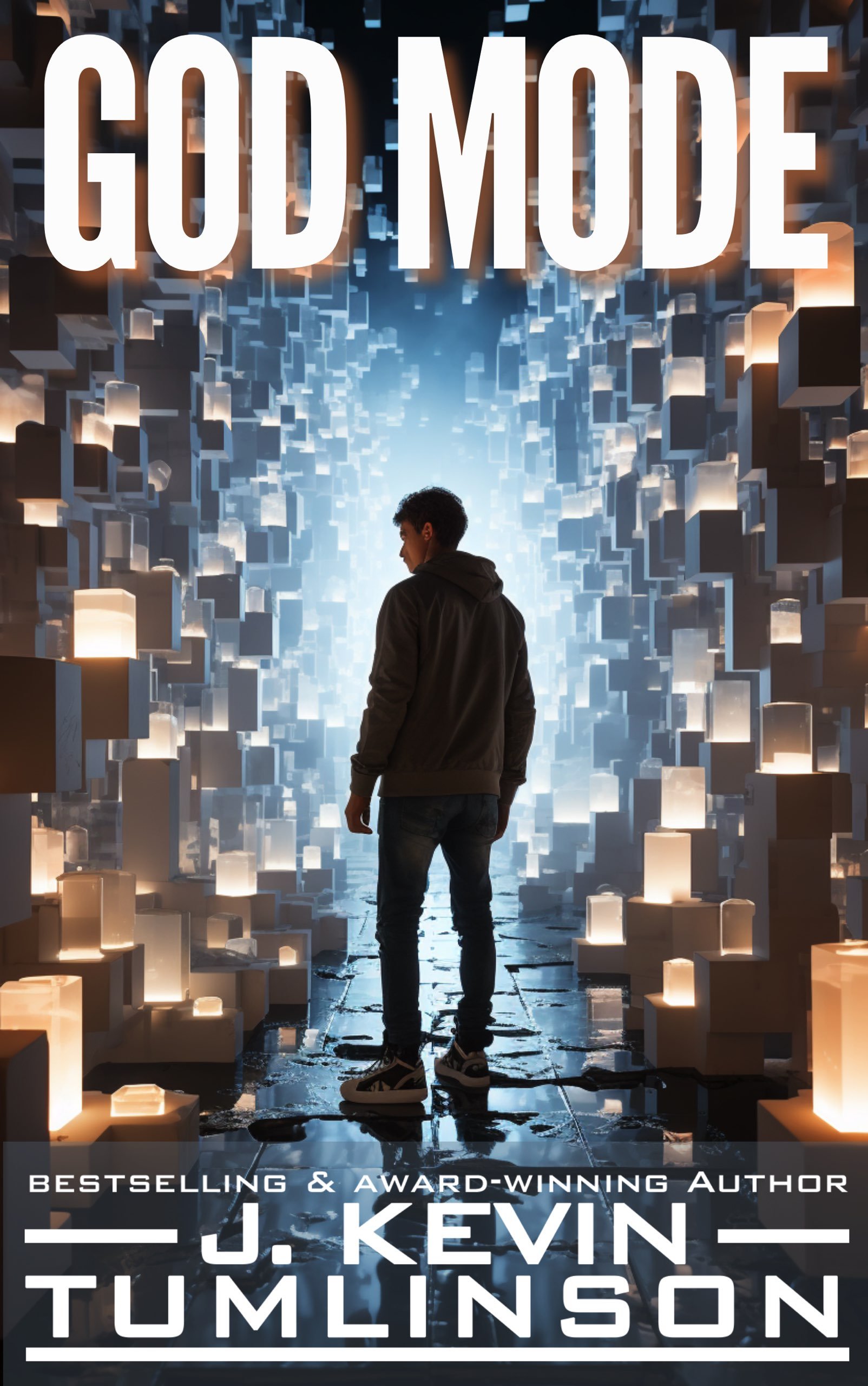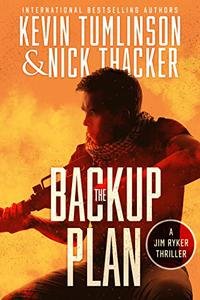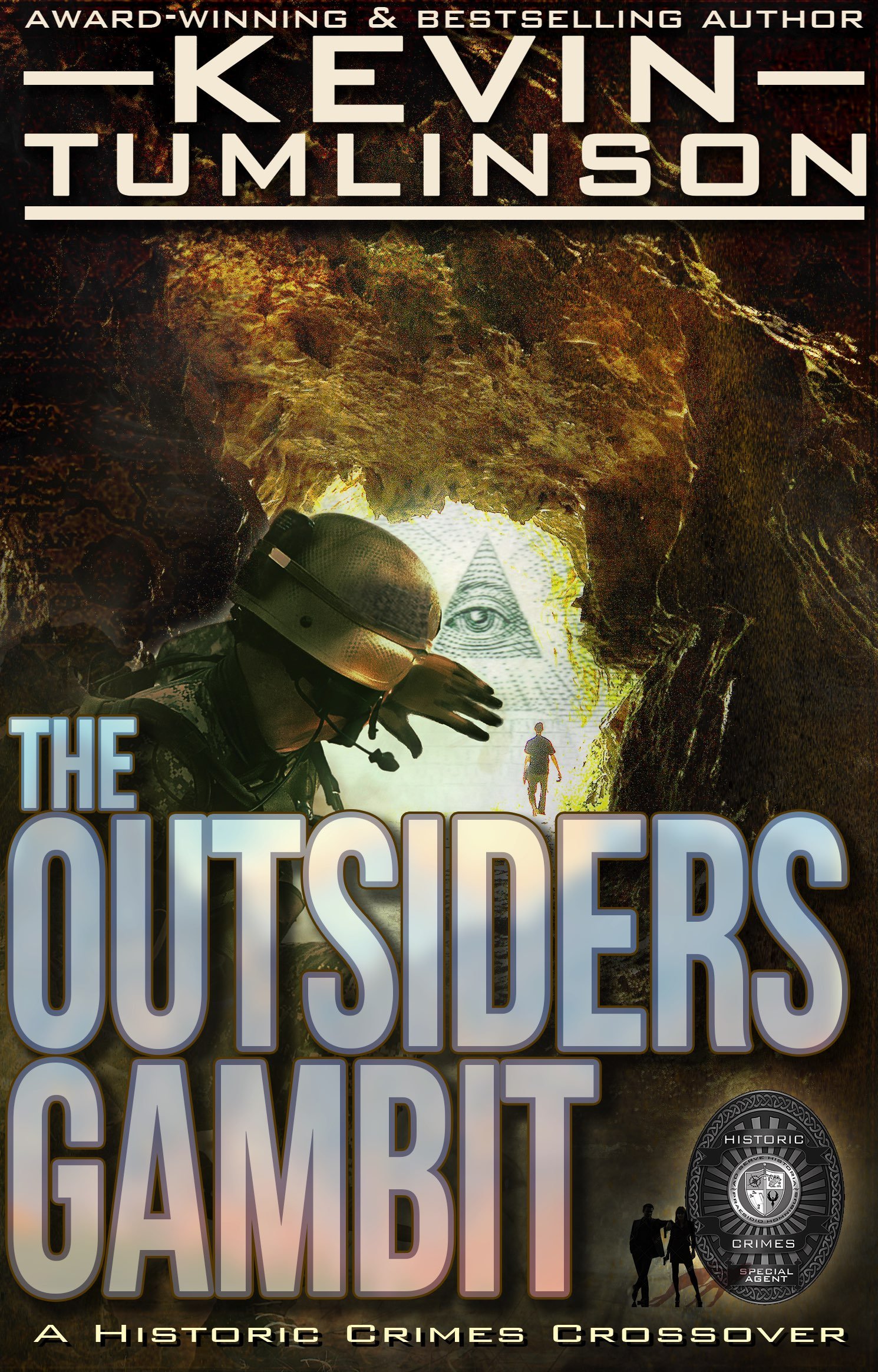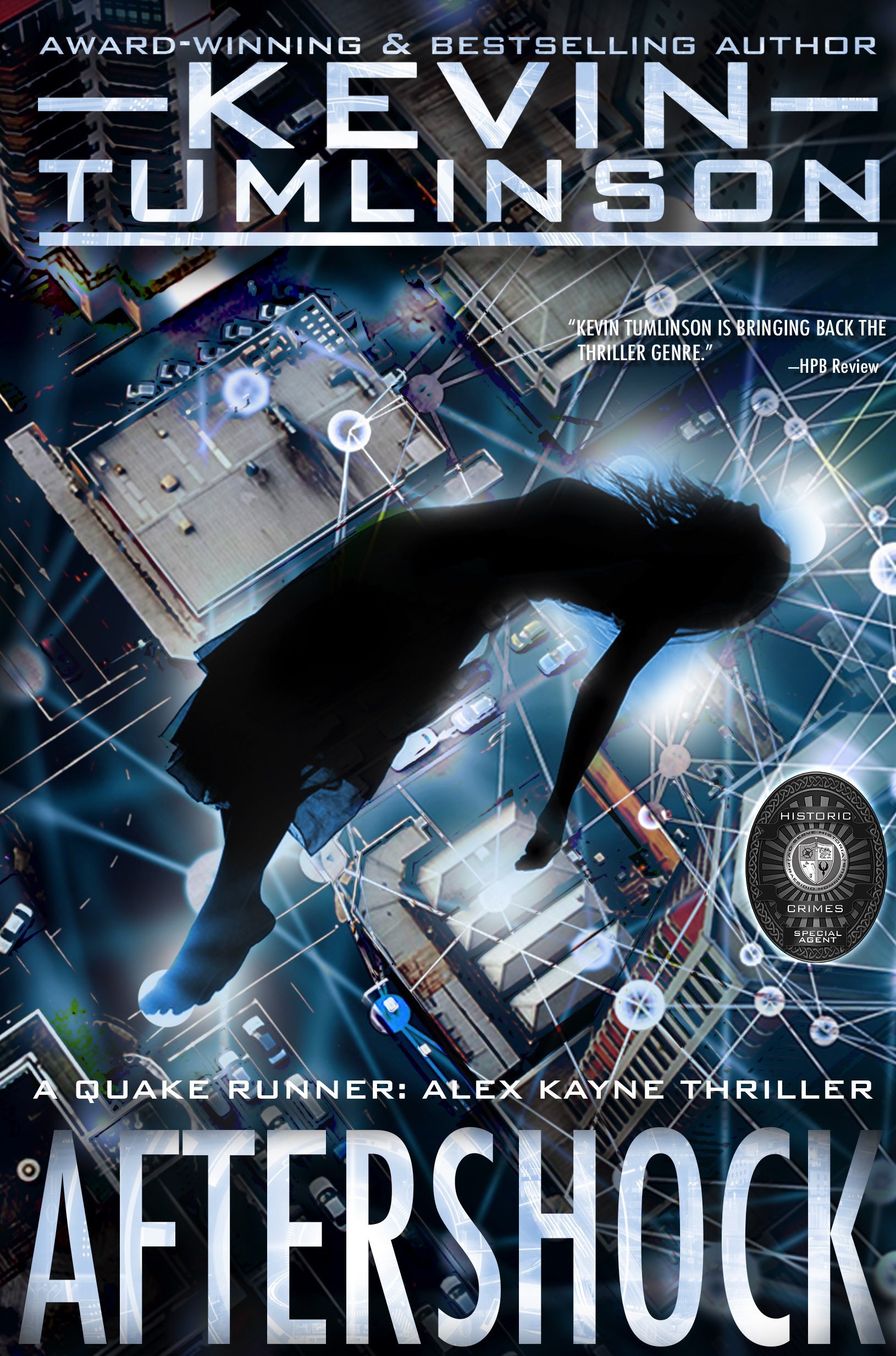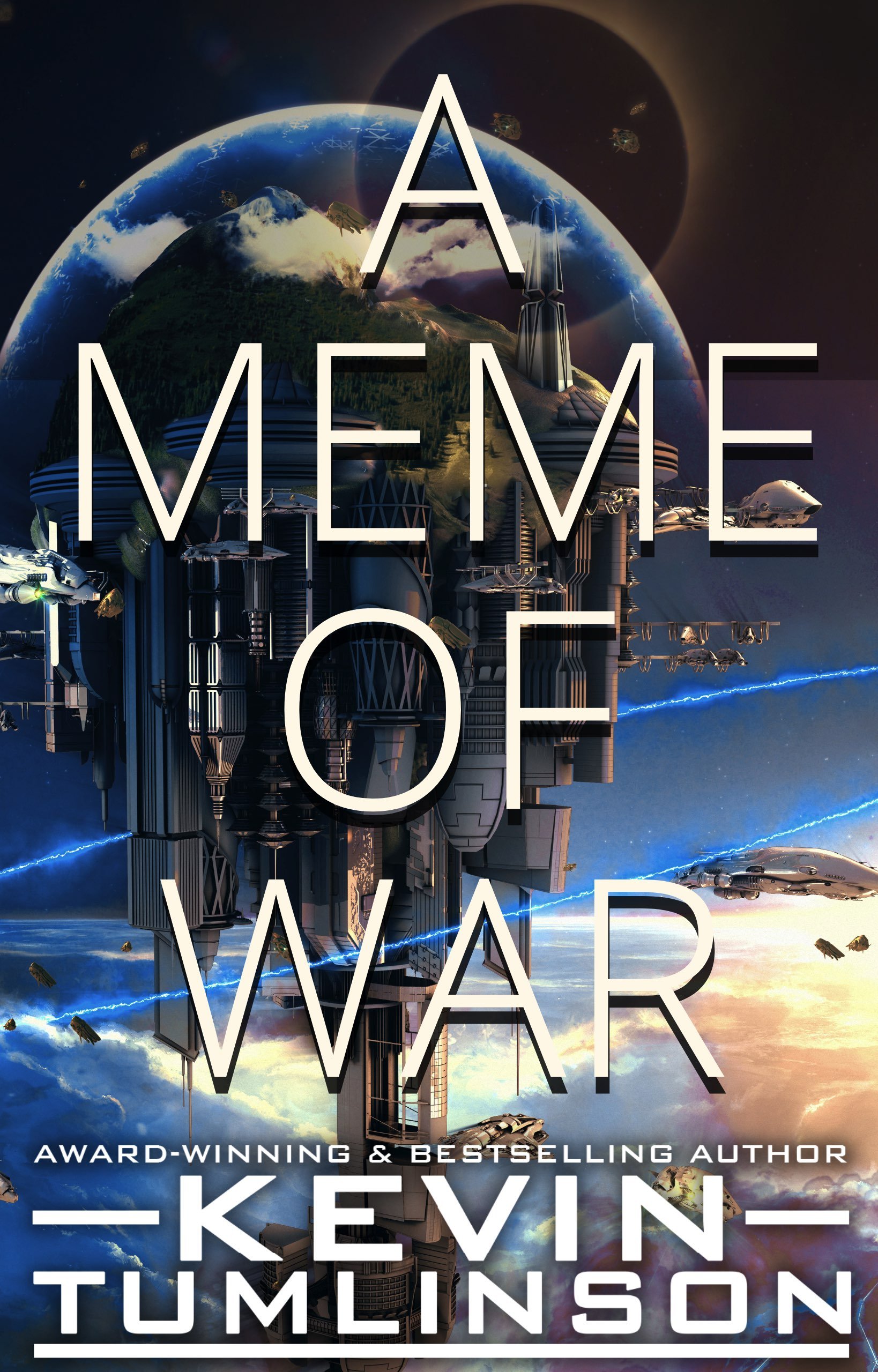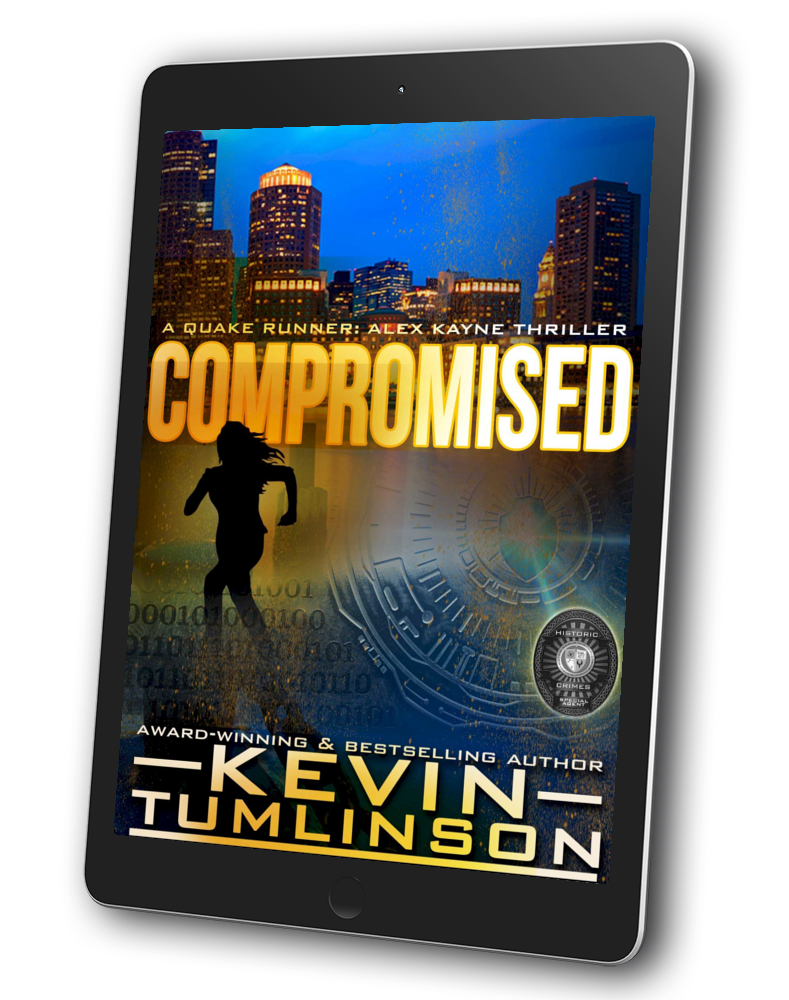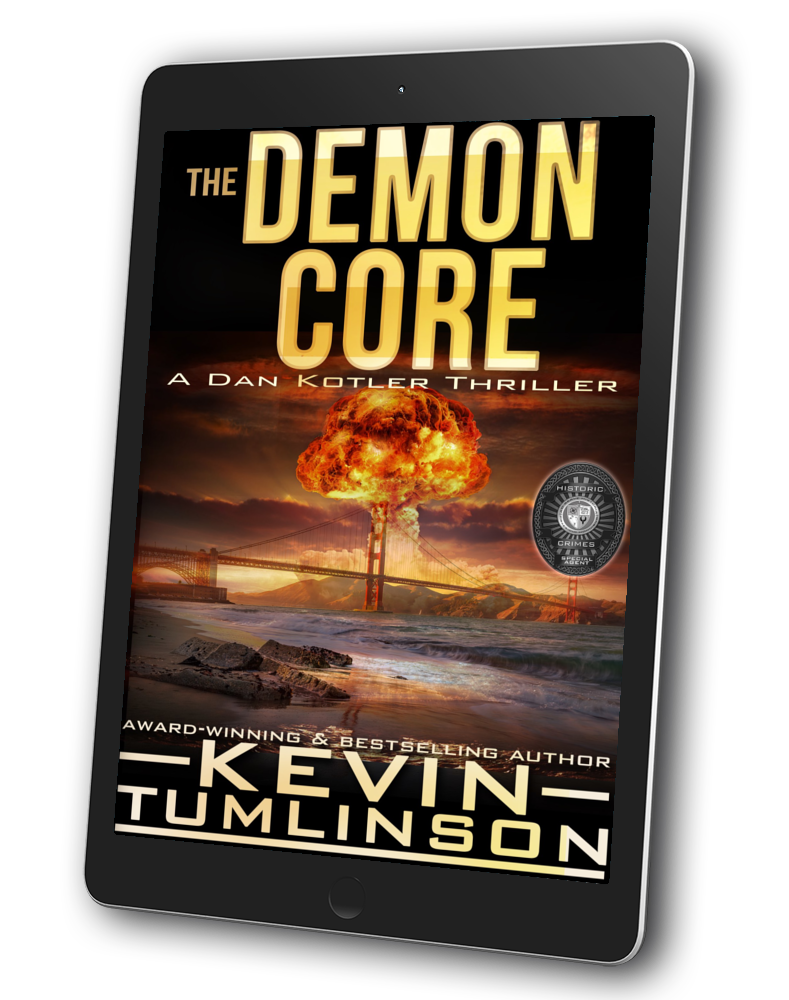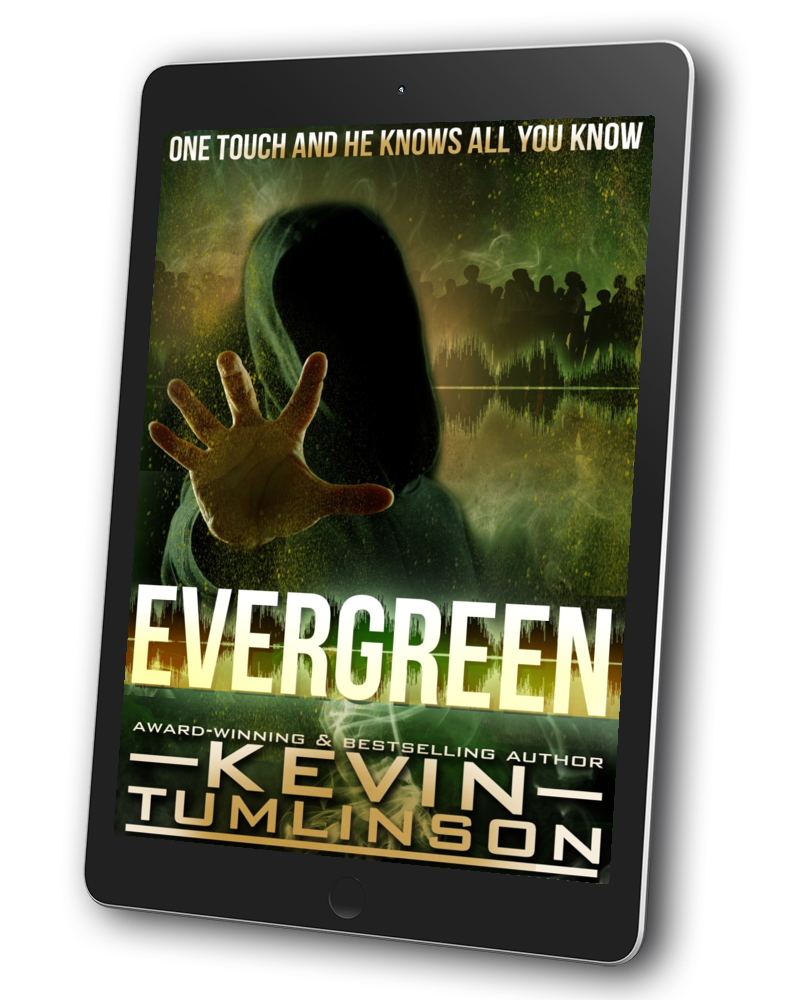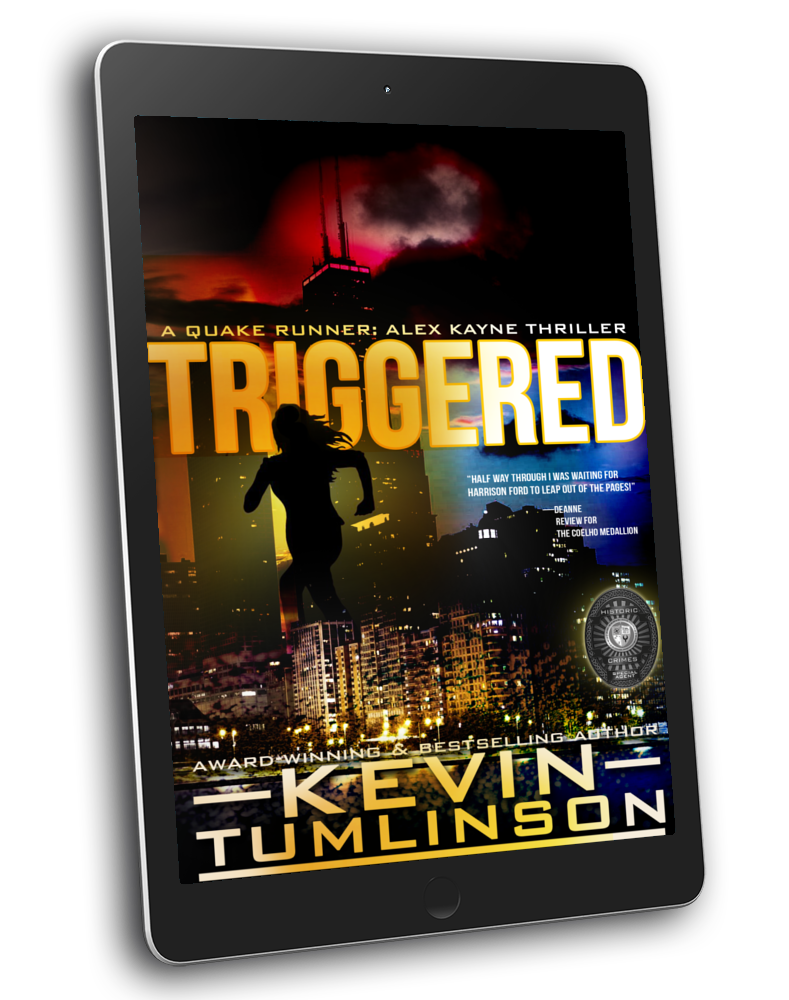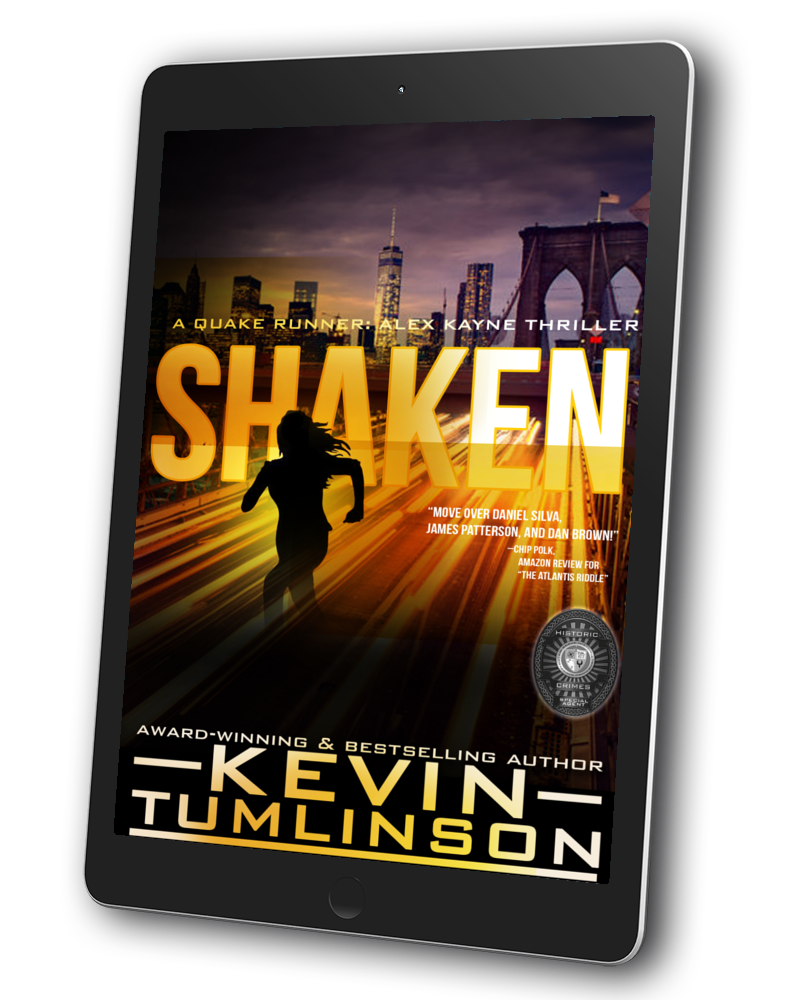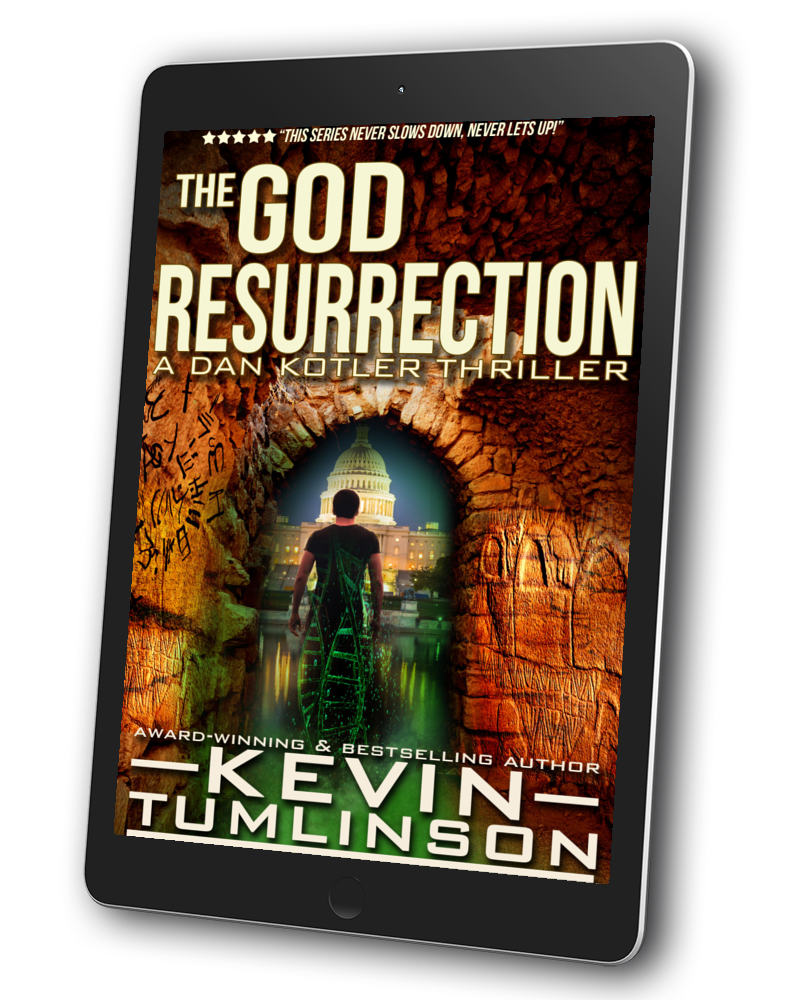For the past two years, Kara and I have done the “van life” thing, traveling the US, experiencing as much of the country as we could. For the first year, that was the entire motivation. But for the second year, it was mostly about waiting for our new house to be built, in the Texas Hill Country.
This wasn’t our first stint on the road, of course. A few years back we spent another two years living and traveling in a motorhome. That was a very different experience, with a bit more living space but somehow more limitations.
That isn’t what this post is about, though.
The thing is, both of those experiences served to change how I think about the world. And a big chunk of that was “how do I get X done?”
We took our work with us, as we got on the road. I wrote books, produced livestreams and podcasts, crafted content, did research, handled marketing for Draft2Digital, all of it. Kara came onboard with D2D during the last two years, too, and she managed promotions and took care of all those details while also managing the details of our lives. Every place we stayed was booked by her. I drove, she kept the wheels turning.
There are things you have to do, when you live on the road, that you wouldn’t even have to think about in a sticks-and-bricks home. You have to make sure water tanks are full, and black tanks are empty. You have to set up and break down camp everywhere you park, if you intend to do anything beyond sitting in place for a few days. You have to be judicious about how much you own, and how it’s stored while driving. And in this modern age, you have to make sure you have access to decent WiFi, on a near continuous basis.
That last one was always the biggest challenge of everywhere we went. Our livelihoods were dependent on good, high speed internet. And it wasn’t always easy to find.
Basically, living full-time on the road was a lot of work. And there was a lot of “figure it out, get it done.” And that, frankly, changed me.
I’ve always been that kind of thinker. I was always the guy who had to work out the details for how to get something from start to finish, usually in the shortest timeframe possible. But it takes on a whole new level of challenge when nothing in your life is necessarily “reliable.” Or maybe reliable isn’t the right word. Count-on-able.
You can never be sure that the resource you have today will be available tomorrow. And that means you are constantly in a state of assessing and adjusting and fixing.
It can be exhausting.
But I think it was the perfect training for a better life. Because having had that experience, I’m finding it much easier to adjust to the responsibilities of home ownership, and to take care of the myriad details that come along with getting into a new house.
Millions of people do this every day, so there’s nothing particularly profound about it. But the first time we owned a house, it seemed like I was constantly behind on things. It seemed like I never knew when the other shoe would drop, regarding plumbing or electric, putting in new floors, discovering a possum was in the garage, figuring out why there was a dead spot in the lawn and why grass wouldn’t grow under the oak tree.
It was overwhelming sometimes, and I don’t think I ever had the chance to just relax in our home.
The same has been true ever since, though. Except, honestly, it isn’t true. I’ve certainly had time and occasion to relax and enjoy my space. I just tend to dwell on the chaos more than the order. On the anxiety more than the comfort and peace.
Toward the end of our days in the van, I started to experience burn-out. Things were going wrong with the van and with work, and it seemed like our builder was dragging their feet over getting the house finished. The author conference circuit was picking up again, and Kara and I found ourselves racing from Pennsylvania to Tennessee to Florida over a three-day span, doing the conference thing for a couple of weeks, and then hitting a long, multi-day slog to Houston. Days of driving, hours at a time, on top of making sure I was keeping up with workload and domestic duties and all the things that van-life required—I got burnt. I got depressed, and the anxiety was overcoming me.
Of course, part of this was due to pandemic-related stuff. That anxiety piled on, along with everything else. There were conflicts and strife in the world. Things looked doomed and desperate. In many ways, they still do.
So… it got to me.
I was never suicidal. That goes against my core beliefs, and is the unforgivable sin in my culture. It’s a ticket to damnation, in my belief system. So I have never considered self-harm. But I did want to die.
I would pray, some nights, that God would take me in my sleep. I would pray that I’d go peacefully, and that Kara and my friends and loved ones would be comforted and taken care of. But always, always, I prayed, “Your will be done, in all things.”
And God kept me around.
I’m sorry that went kind of dark, but there’s a point:
Getting through that, I realized I needed to find ways to manage it all. I needed to figure out how to “get it done,” without the cost being my own sense of peace, my own will to exist.
And so I started working on that.
I started using apps like Apples Reminders to manage my tasks, which was helpful. But I also gave myself permission to move tasks to different days, instead of feeling guilty that I didn’t do everything on the list the day it was initially due. I gave myself permission to move deadlines, if there was too much to get done.
I backed off on my persistent drive toward rapid publishing. That way lies madness. I love writing, and I do it daily. But putting myself on a break-neck release schedule and then slamming myself for not holding up, that was killing me. I still need to work some things out on that front, so that book revenue doesn’t drop to non-existence. But I needed to give myself breathing room. I needed to find a different way.
I started being more assertive about certain aspects of my life and career. I can only do so much, and I won’t allow myself or anyone else to make me feel inadequate over what I’m unable to do, when I’m giving all of it my honest, best effort.
Of course, adopting that attitude means adopting another: I’m ok with taking responsibly and facing consequences. In fact, now I race to do both. Because owning responsibility means having control over my own fate, and facing consequence means having opportunities to learn and grow.
I had to become comfortable with the potential for failure, but more so with the potential for losing everything. For failing so catastrophically that I might have to start over from zero.
I became comfortable with the idea of zero.
I’m still learning and dealing with all of this, by the way. I still have bouts of anxiety and worry. I still have doubts and fears. I still have moments where I’m less productive than I want to be, and I let it bother me.
But a funny thing happens when you are willing to own both your successes and your failures, when you become comfortable with worst case scenarios but still hold on to hope, when you look for opportunities and willingly accept correction when you get things wrong…
You grow. You become more than who and what you were. And you see that you are stronger and better and smarter and more capable than you gave yourself credit for being.
I’m writing this all for myself, by the way. More than for you or anyone else. I needed this. But… maybe you needed it, too?







